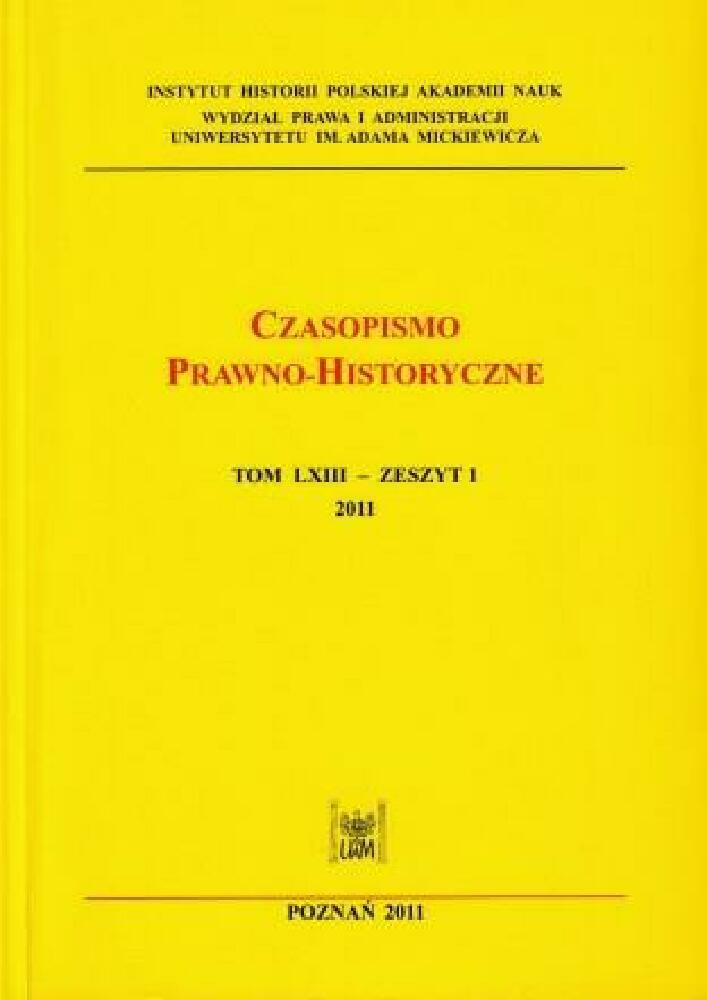Abstrakt
The paper deals with legal issues connected with nominalism and valuation of liabilities. The social, economic and political transformations that were happening in Poland after the First World War had undoubtedly influenced the administration of justice. Despite the abrupt decline in the purchasing power of the Polish zloty, the courts had continued to uphold the principle of nominalism until 1922 when the ruling of the Supreme Court in the case Fliederbaum and Kuhnke supported the valuation principle, although within limits delineated between the nominal value of the monetary payment and its equivalent value in gold, i.e. an amount equal to the value in gold of the liability at the time when it was taken on. Thus, the Supreme Court left the adjudication upon the level of valuation to the discretion of relevant courts. That ruling had also a substantial impact on the judicature and law-making of other states, such as Germany, Austria or Hungary, which were faced with similar problems. Fryderyk Zoll's gloss to the ruling was of much significance as well, as it became the basis for the subsequent regulation of the valuation principle finally enacted on 14 May 1924 by a decree on the conversion of private-public liabilities, later referred to as lex Zoll. What is noteworthy is also the fact that the codification of the Polish law of obligations made in the ‘30s of the 20th century, took into account the solution of the judicature adopted during the inflation period. As a result, Article 269 of the Polish Code of Obligations of 27 October 1933 contained the rebus sic stantibus clause.
Finansowanie
Digitalizacja i Otwarty Dostęp dofinansowane przez Ministra Edukacji i Nauki w ramach umowy nr BIBL/SP/0002/2023/1
Licencja
Copyright© 2011 Wydział Prawa i Administracji UAM w PoznaniuOPEN ACCESS




